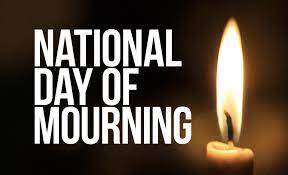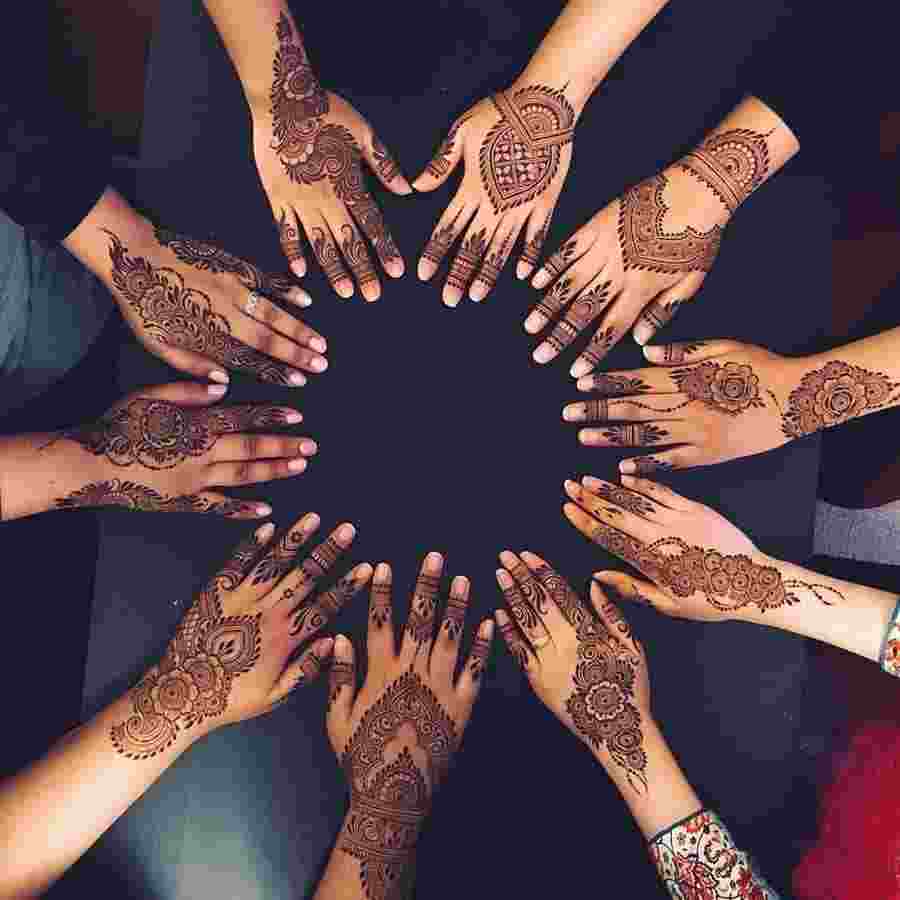The massive levels of immigration and colonization that outpaced European Imperialism are evident throughout American history. Native Americans, however, who have endured the loss of their ancestral lands, are aware of this grieving.
In order to commemorate Native Americans’ ancestors and their current survival challenges, participants have established an annual protest known as the National Day of Mourning since 1970. Although the event falls on the same day as Thanksgiving, its purpose is to inform people about Native American heritage.
When is National Day of Mourning
The National Day of Mourning is observed annually on the fourth Thursday in November. The occasion to reflect on Native American heritage and the significance of Thanksgiving in their ancestors’ lives is provided by the observance.
National Day of Mourning History
Thanksgiving provides a different side of history than the traditional tale, which describes how the Pilgrims and Native Americans benefited from one another. This event was instituted by the United American Indians of New England (UAINE) to draw attention to Native American democide and stereotypes.
The UANIE is a Native-led, self-sustaining group that promotes acknowledging Native Americans’ and political prisoners’ struggles.
The day was created as a result of an encounter a Native American had. Their website claims that Wamsutta, an Aquinnah Wampanoag, requested a copy of the speech after being asked to speak at a posh Commonwealth of Massachusetts luncheon honoring the 350th anniversary of the Pilgrims’ arrival.
An official of the Department of Commerce and Development informed Wamsutta that he would not be permitted to deliver the address within days. Since then, UANIE has urged people to participate in the National Day of Mourning in order to comprehend the racism and injustice they endured and to discover a spiritual reminder of those who have gone before them.
Their primary base of operations is Cole’s Hill in Plymouth, Massachusetts. In an effort to understand the truth about history and how it has been misrepresented over the years, they organize speakers and hold marches through the Plymouth neighborhood.
National Day of Mourning Activities
Beginning with a day of fasting from dusk to the afternoon of that day of mourning, the UANIE begins. After that, political speakers are invited, and participants are given food to break their fast. Then they stage a protest march throughout the neighborhood.
Although it takes place in New England, the play’s message is directed at all of America, and anybody can attend. You can fast beforehand and learn about Native American history since it occurs on Thanksgiving when your family comes together to prepare feasts.
Despite being centered on Native Americans, a National Day of Mourning permits individuals of all races and backgrounds to participate and mourn with them.
Take another look at American history and the various Native American civilizations that were present across the nation. Analyze the relationships, customs, traditions, and beliefs. Are you looking for a place to start? A fantastic resource is FirstNations.org. They offer a wide range of reading material for readers of all ages. They cover a wide range of topics and provide staff recommendations.




